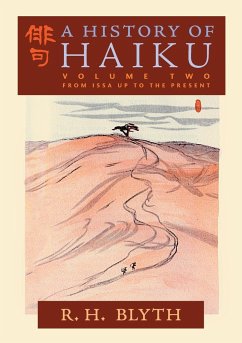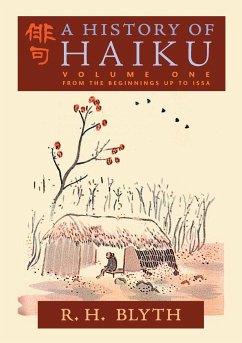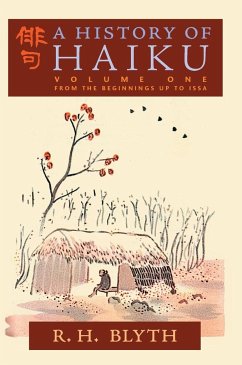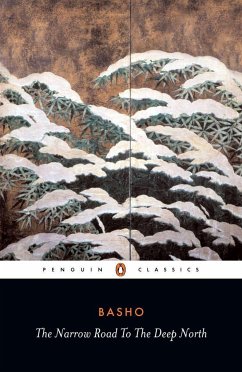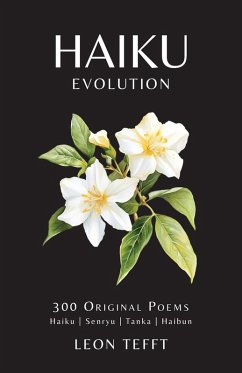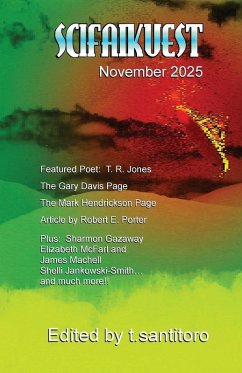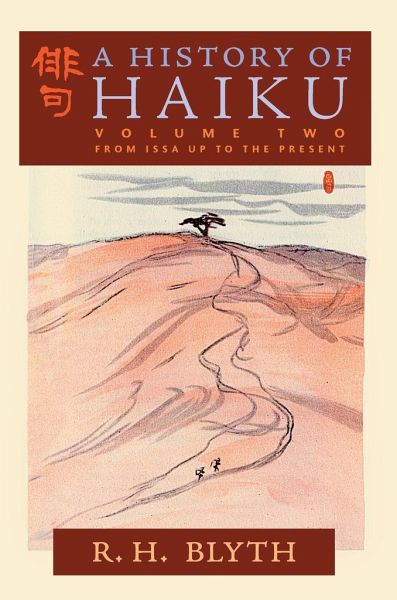
A History of Haiku (Volume Two)
From Issa up to the Present
Versandkostenfrei!
Versandfertig in 1-2 Wochen
36,99 €
inkl. MwSt.
Weitere Ausgaben:

PAYBACK Punkte
18 °P sammeln!
Of all forms of poetry and literature, haiku is likely the least amenable to chronological treatment. Haiku comprises moments of vision, and a "history of moments" is hardly achievable. If we were to choose one for such a task, however, a strong case could be made for Reginald Horace Blyth (1898-1964). Best known for his acclaimed four-volume haiku anthology, Blyth's appreciation and understanding of haiku and its motives are perhaps unequaled by any Westerner. In selecting the outstanding works of as many poets as possible, Blyth presents readers with a true vision of the history of haiku, ta...
Of all forms of poetry and literature, haiku is likely the least amenable to chronological treatment. Haiku comprises moments of vision, and a "history of moments" is hardly achievable. If we were to choose one for such a task, however, a strong case could be made for Reginald Horace Blyth (1898-1964). Best known for his acclaimed four-volume haiku anthology, Blyth's appreciation and understanding of haiku and its motives are perhaps unequaled by any Westerner. In selecting the outstanding works of as many poets as possible, Blyth presents readers with a true vision of the history of haiku, taking care to highlight its ups and downs, its masters and its failures, but more than anything, its unique ability to communicate the incommunicable. In this second volume of A History of Haiku, Blyth begins with the poetry of the last of the great haiku masters, Shiki. He then proceeds through the later haiku poets of the Meiji and Sh¿wa eras, illustrating their various strengths and weaknesses, before arriving at the modern poets. It closes with a beautiful selection of modern haiku, and some profound thoughts from Blyth on the state of haiku in a technological age.





